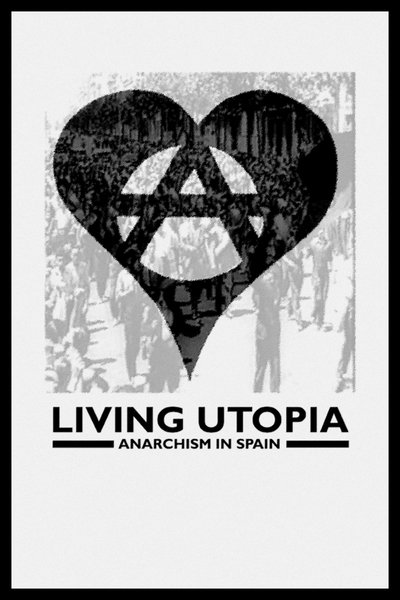Living the Utopia
Genres
DocumentaryHistory
OverView
A retrospective look at the anarcho-syndicalist and anarcho-communist experience in Spain from 1930 until the end of the Civil War in 1939.
Others
Budget
$--
Revenue
$--
Status
Released
Original Language
Spanish
Runtime
96 mins
Rating
7.7/10
Release Date
08 November 1997
Country
Spain


